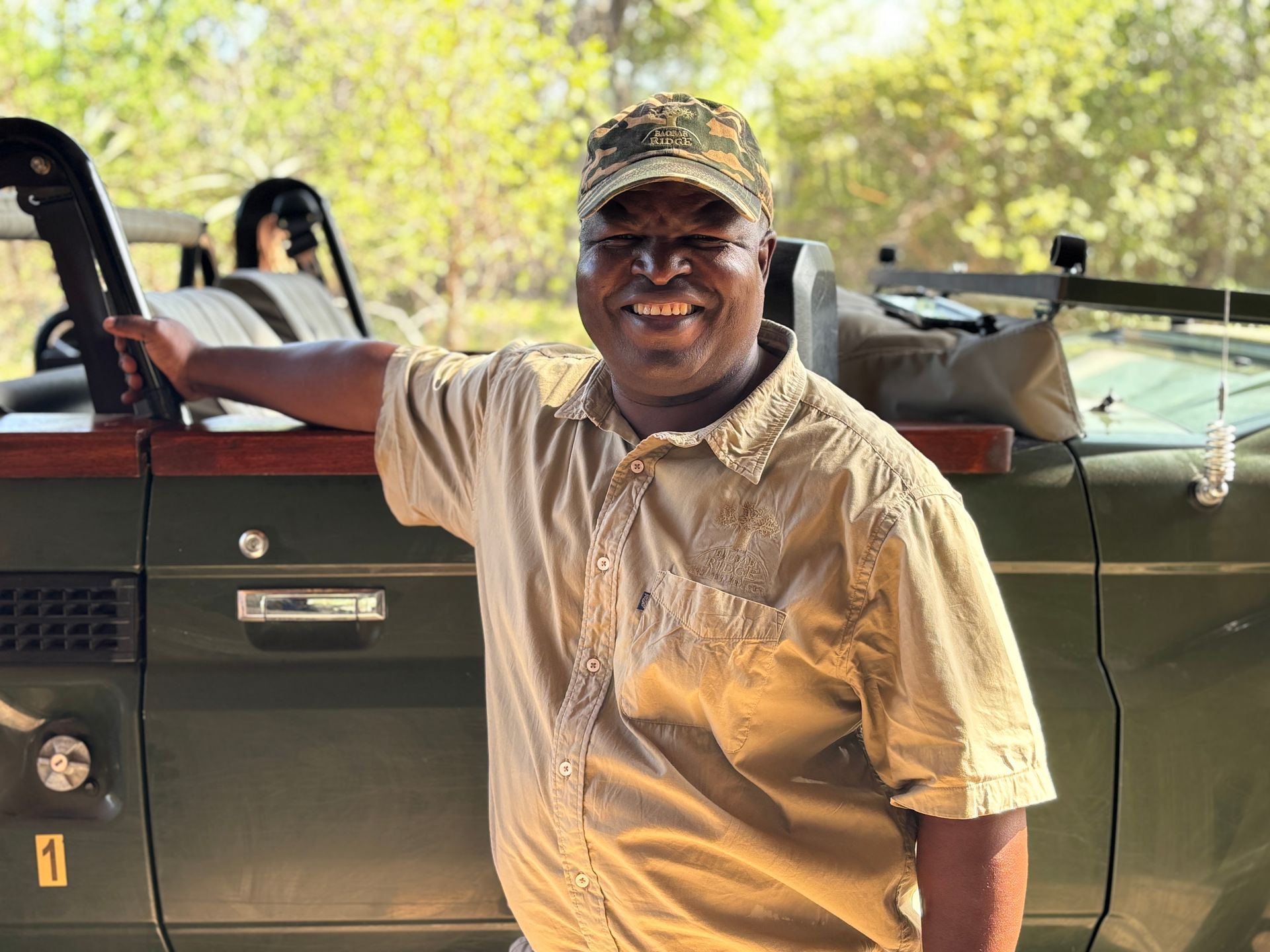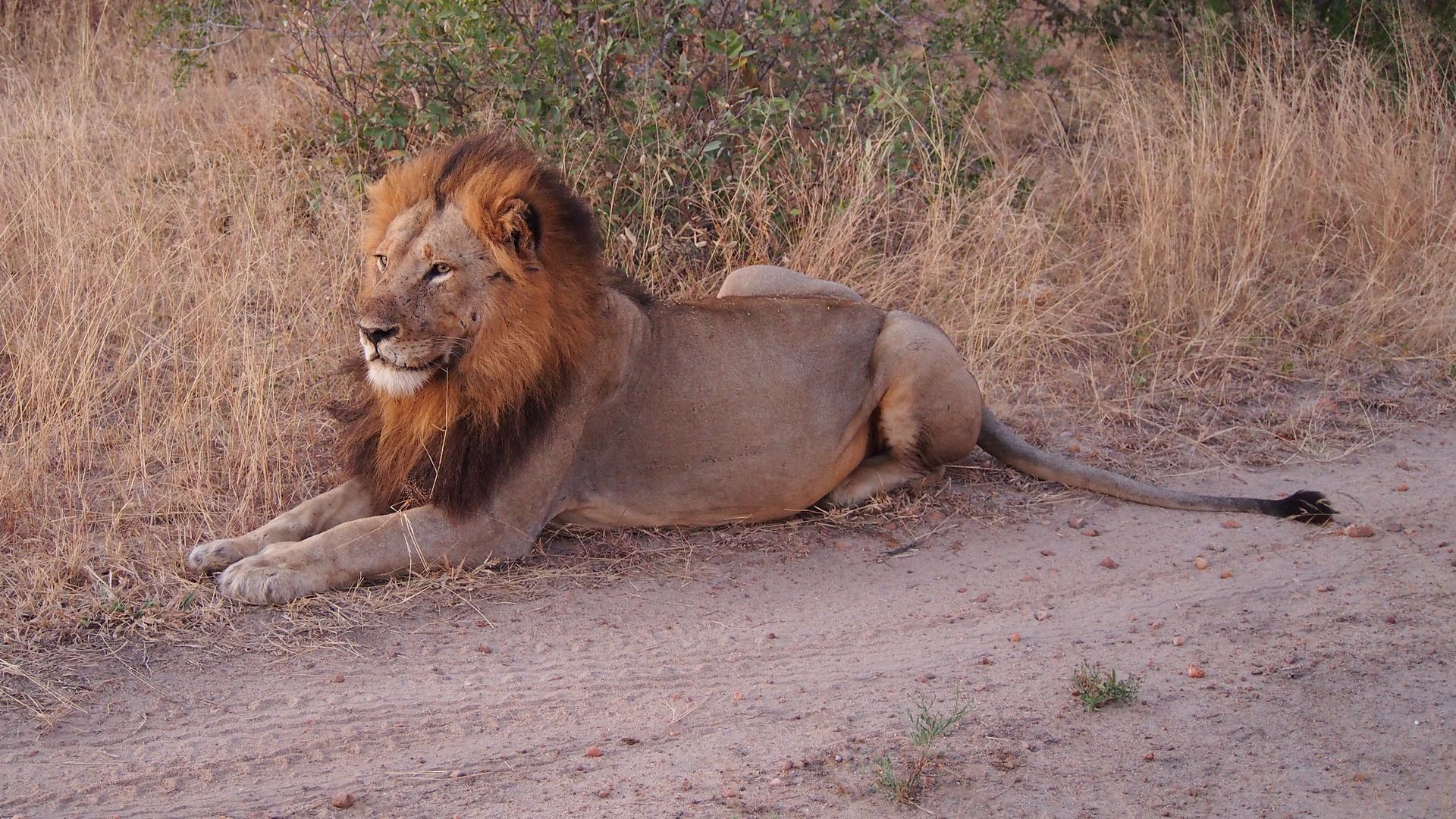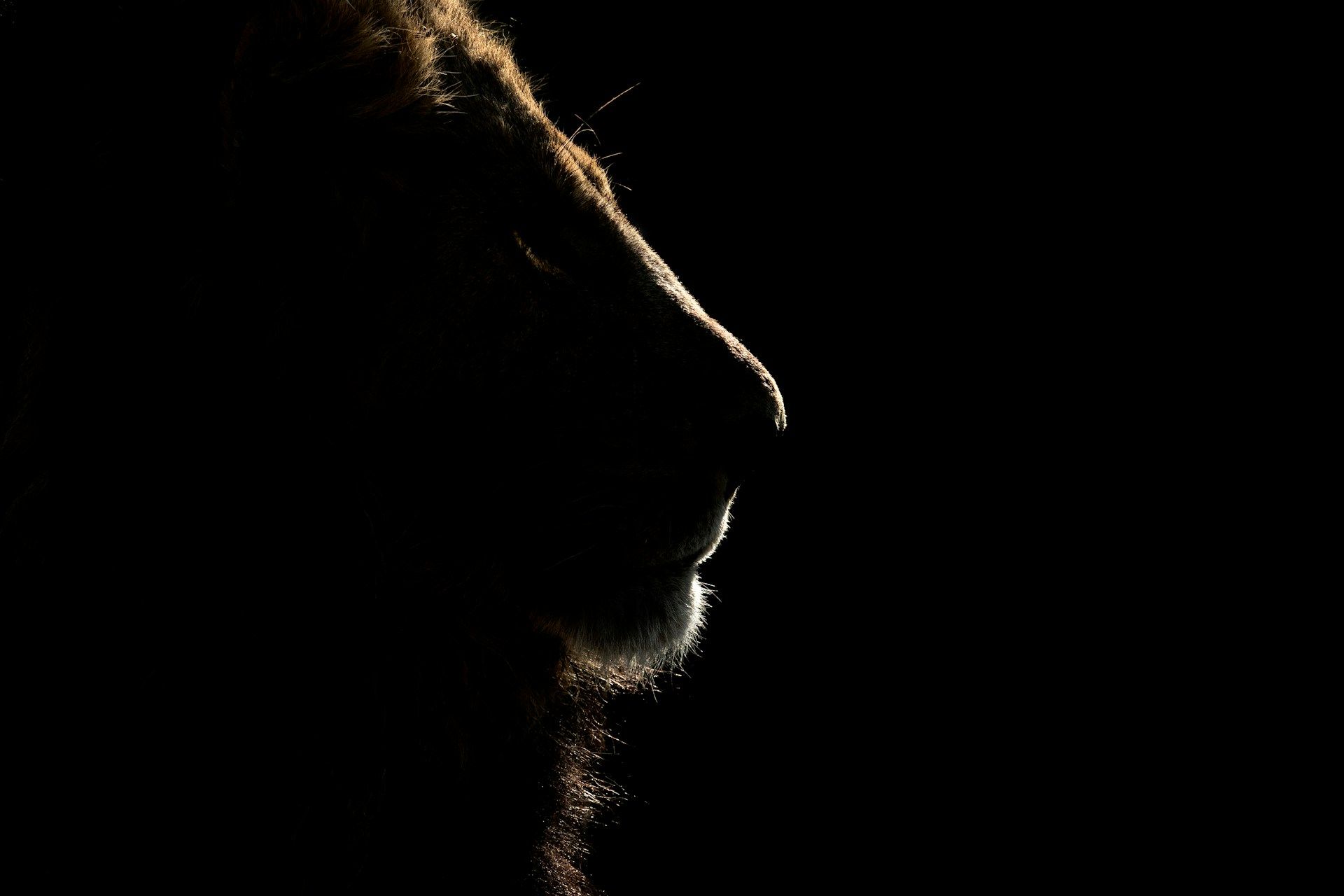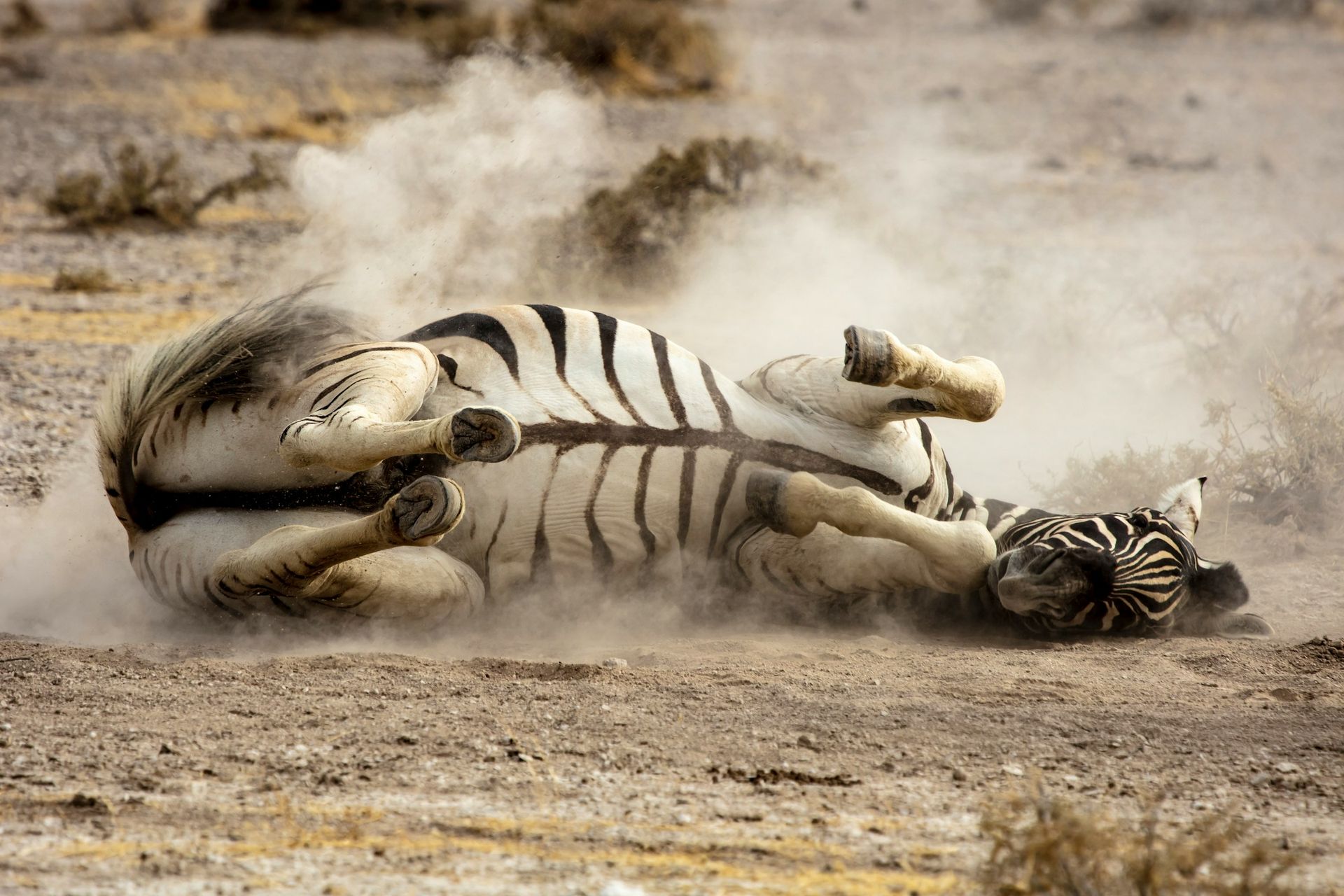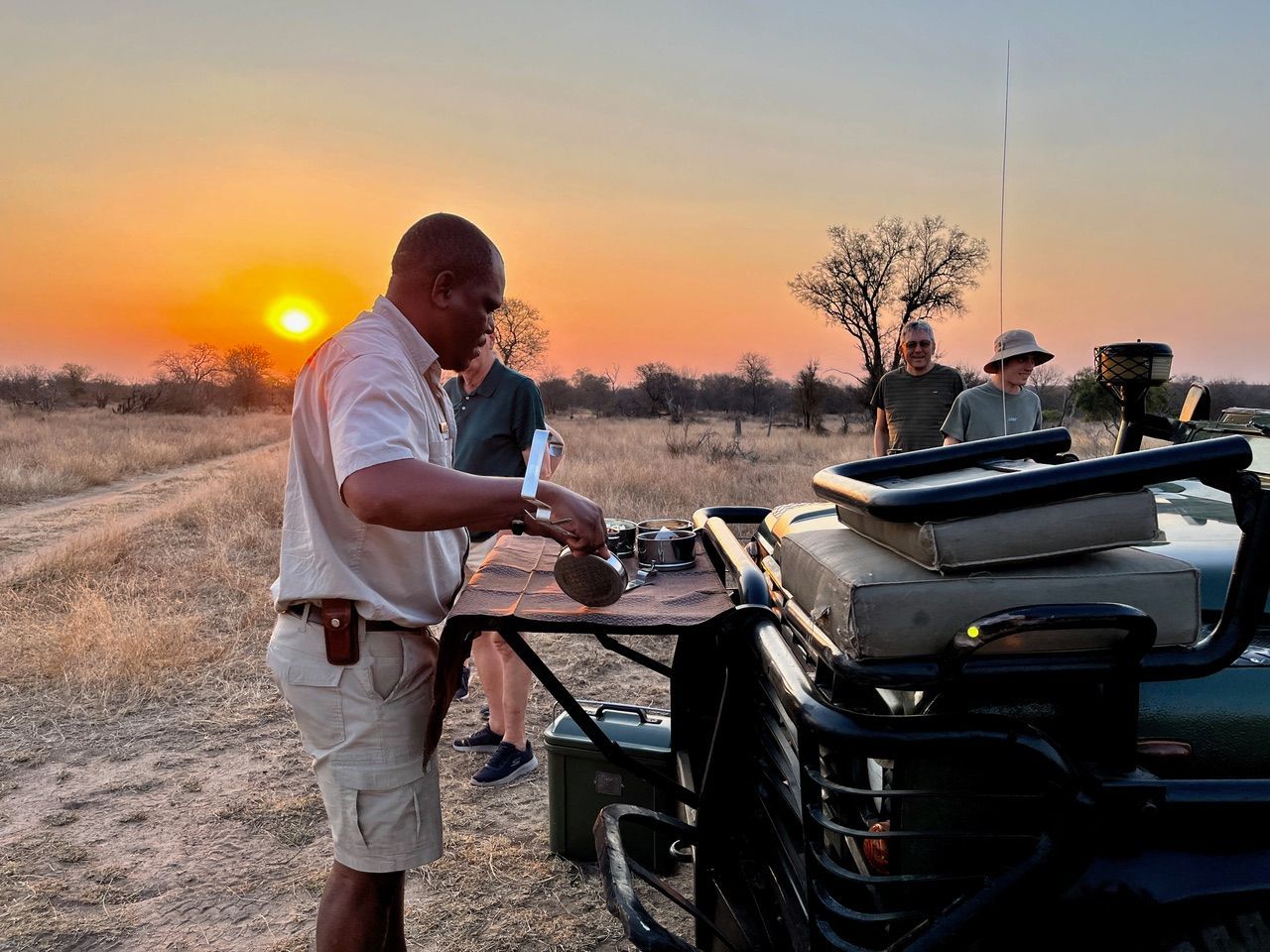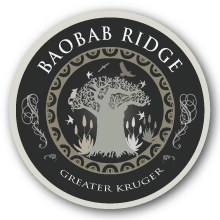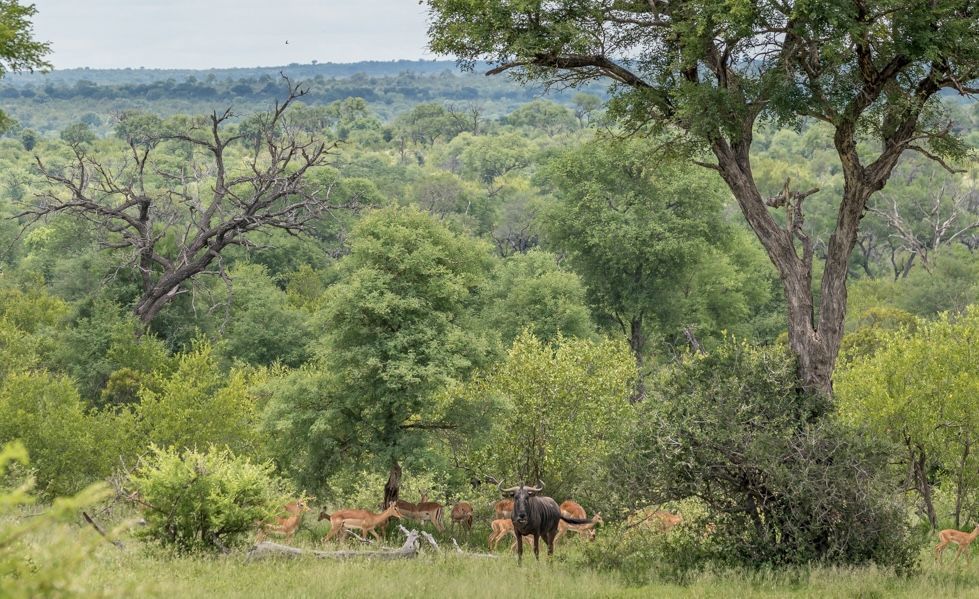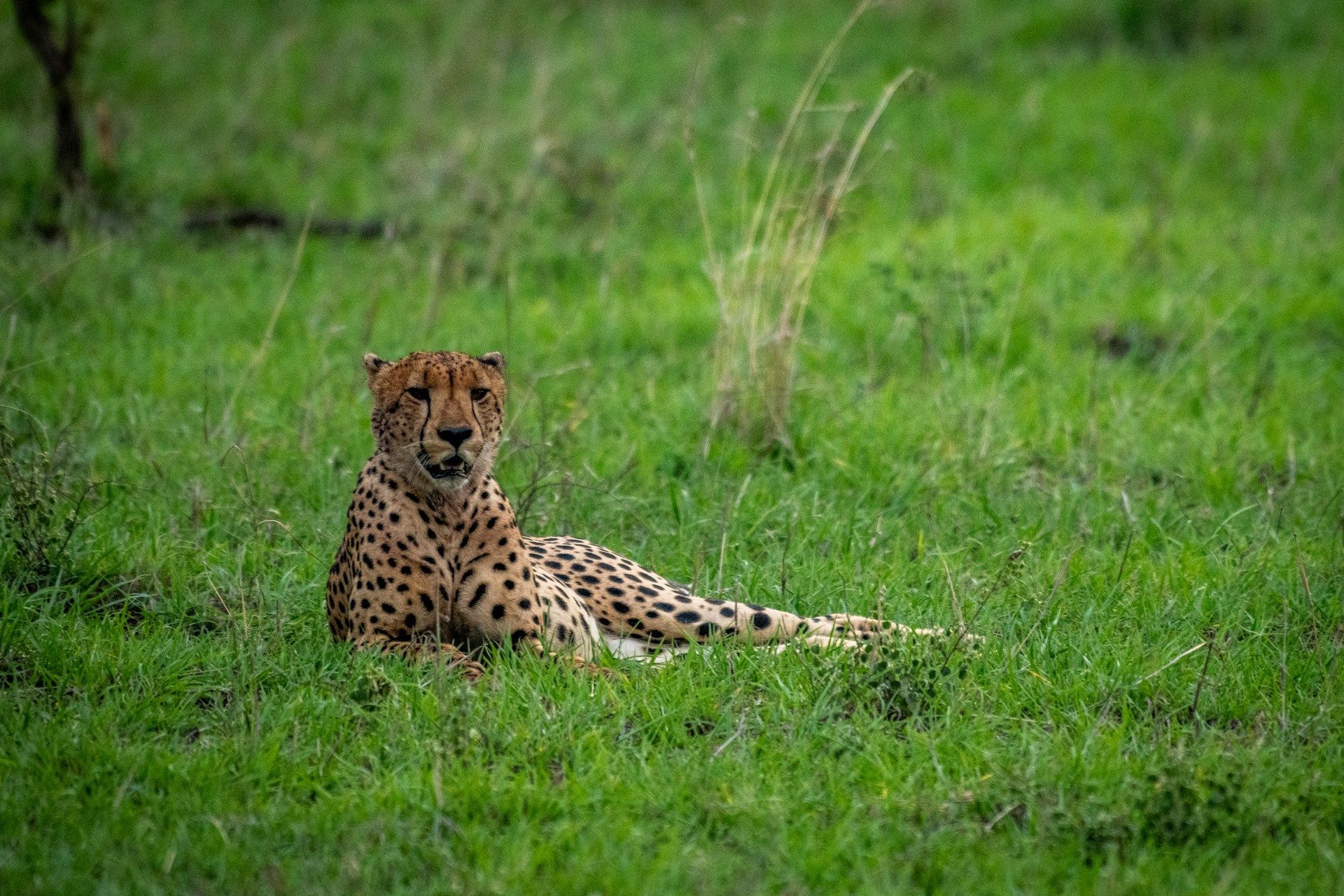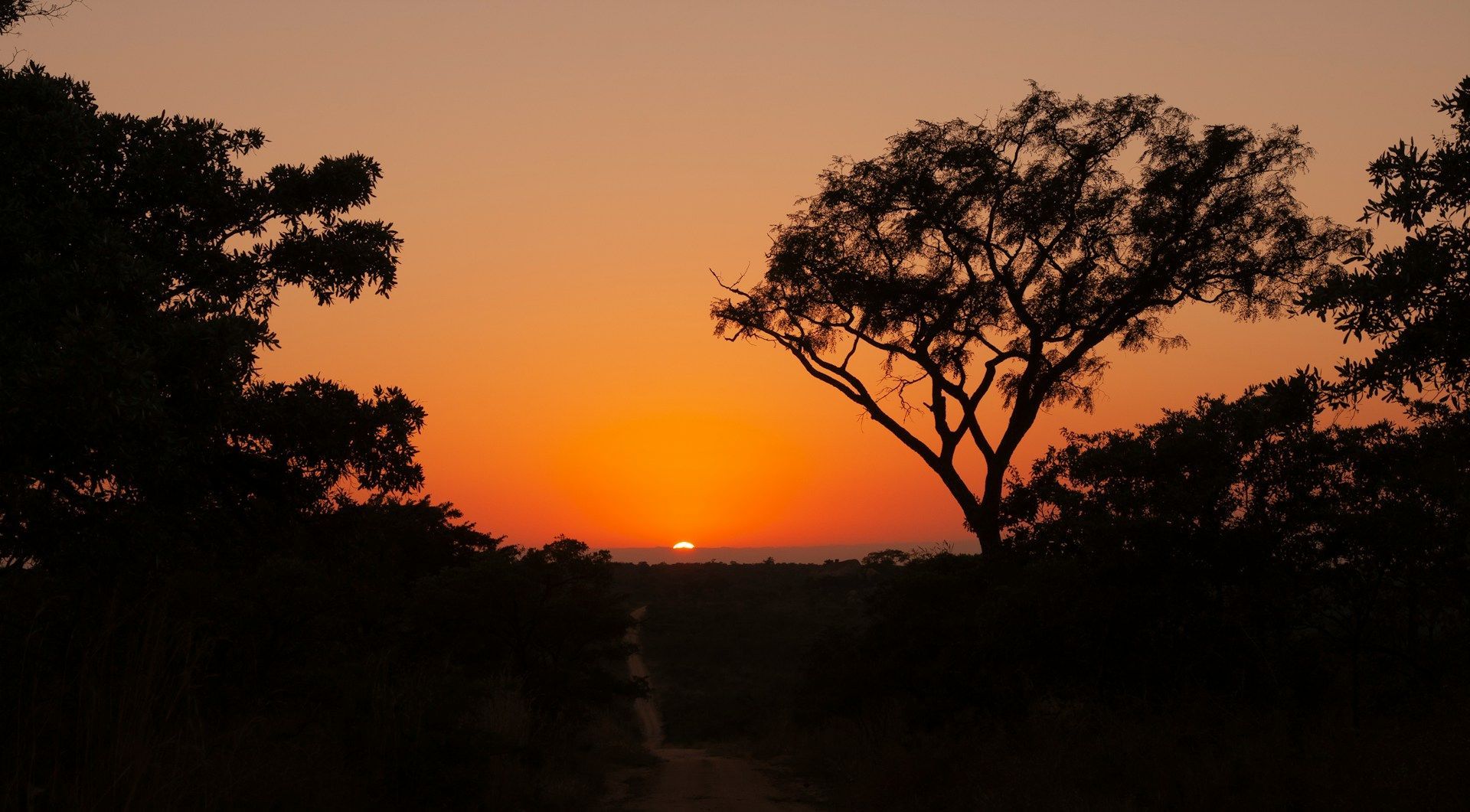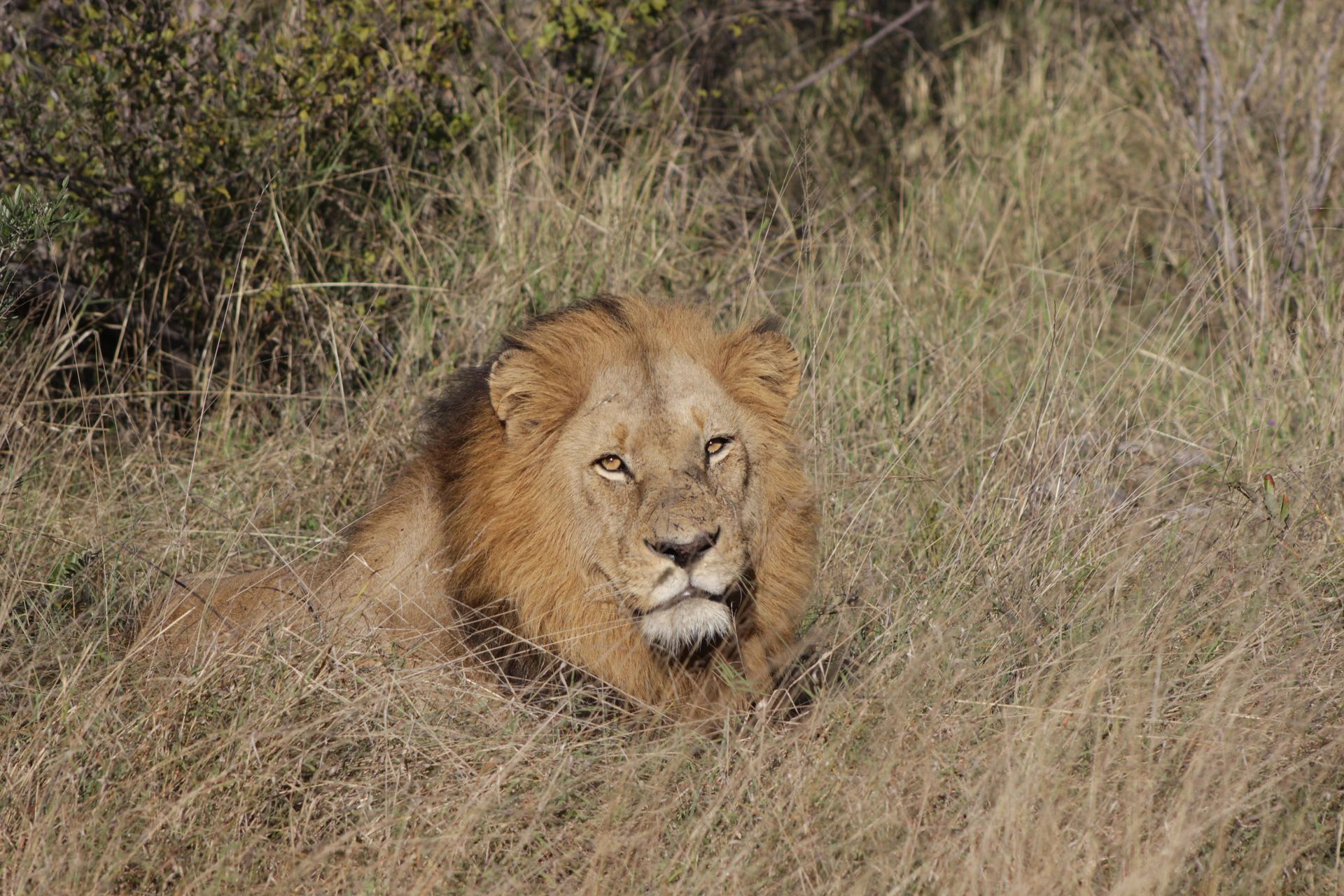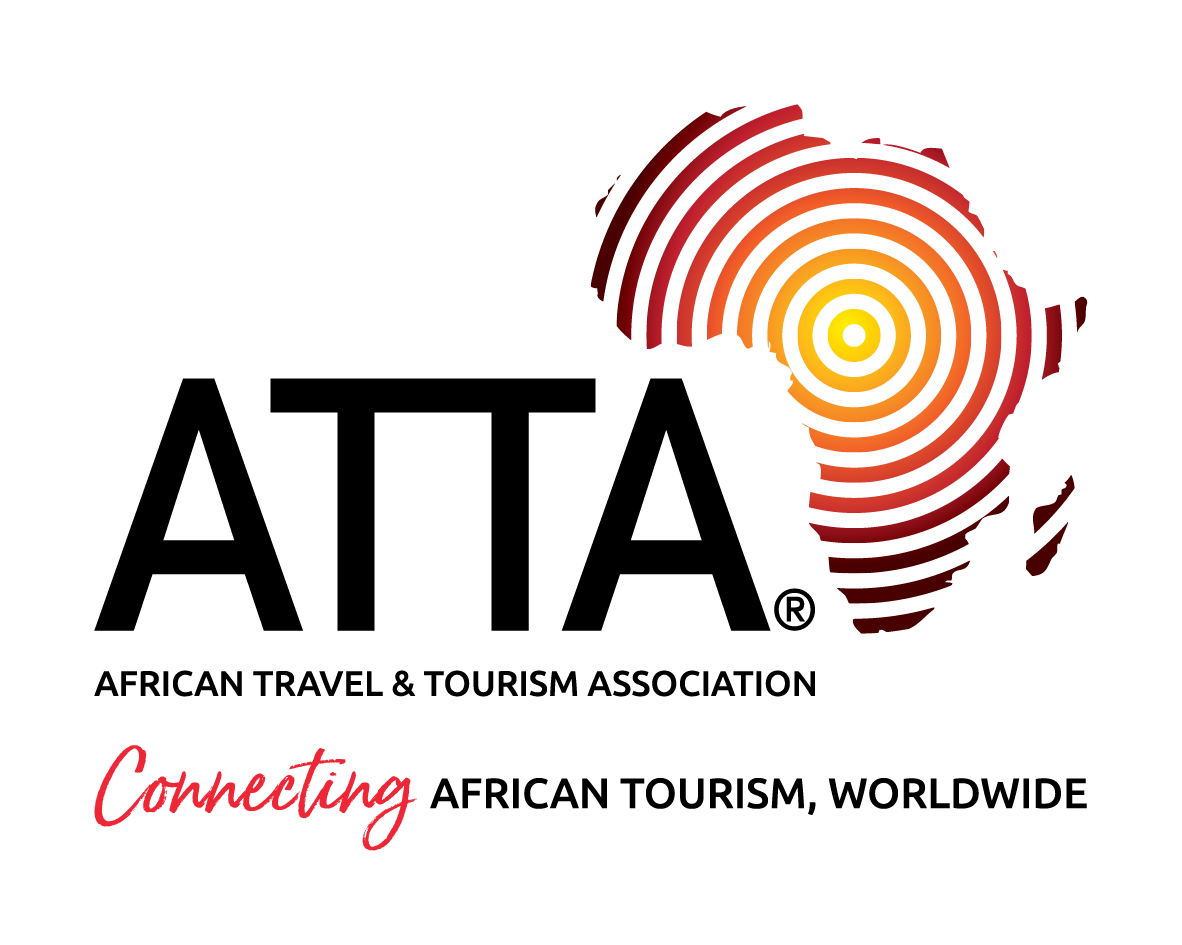The Omicron variant - setting the record straight
SOUTH AFRICA HAS BEEN DEALT A BITTER BLOW...
By now everyone in our beloved tourism industry will be dealing with the panic over the recent discovery of the latest COVID-19 variant, named Omicron by the World Health Organisation (WHO) and identified by South African scientists.
For us, the reaction to the news that a new variant had been discovered and the subsequent banning of travel to South Africa and most of Southern Africa could not have come at a worse time. We had just been starting to relax a bit as we were seeing a slow but steady increase in the number of international guests with forward bookings coming in steadily.
Within an hour of the United Kingdom's announcement that South Africa had been placed back on its dreaded red list we began to see the cancellations flooding in from across the world. Just a few weeks from what was looking like our busiest period for two years and the start of the Christmas holidays, the rug was pulled from under our feet.
We are not alone. Our industry has been floored by these unnecessary and unbelievably damaging travel bans and we are still reeling and incredibly frustrated by the injustice of it all.
So please allow us to set the record straight and deal with the fear that is now gripping the travelling world, in the hope that as more information about the Omicron variant is released and we begin to understand it better, our guests and travel partners can make more informed decisions about where we are right now.
Not a South African variant
Omicron was discovered by South African scientists who are currently working around the clock to genomically map the various mutations of the COVID-19 virus. Mutations are not new, in fact there are many of them, as is to be expected with a virus of this nature which is constantly adapting to its own environment.
The Omicron variant did not originate in South Africa. It's actually extremely hard to pinpoint where any mutation of the COVID-19 virus actually "comes from". There is much speculation over the origination of this latest variant (which most definitely will not be the last we see) but irrespective of where it first mutated, it's now most likely a globally dispersed mutation with cases of it being reported across the world now that the medical profession and pathologists know what to look for.
At the time of writing, South Africa does not have a significantly high number of cases of Omicron, especially when compared to the infection rates being documented across Europe, and those cases that have been documented are reporting very mild symptoms.
So we hope that as the proper scientific research comes in on the properties of Omicron that it proves to be a weakened version of the Delta variant and not the lethal super-spreader the world's media would have us believe it is.
Don't believe everything you read
While South Africa is preparing for a much anticipated "fourth wave" of the COVID-19 virus, the rest of the world is already in the fourth wave, with infection numbers quite literally off the charts compared to what we are seeing not just in South Africa but across Southern Africa. Indeed, Africa has thus far fared exceptionally well against this virus, as has been well-documented by the world's medical profession and the WHO.
We are not riddled with Omicron, not, indeed, any particular strain of COVID-19. We are seeing a rise in infection rates as predicted some time ago by our health authorities, in line with the modelling that's seen the northern hemisphere plunged into a fourth wave. However, our vaccination rates are improving and our government has now placed all of its resources in ensuring those who have still to get vaccinated do so.
Like other parts of the world, our government is investigated mandatory vaccination for certain activities, employment sectors and industries. For us in tourism, we have led the field here in South Africa in drawing up and implementing some of the most stringent and all-ecompassing COVID-19 health and safety protocols which we still adhere to religiously. We led the world in these safety measures at a time when Africa was being largely ostracised from the rest of the world.
Now it's being ostracised and isolated yet again, not as a result of solid science and fact, but as a result of panic and fear, and no small amount of political interference.
The reaction of the world's "western" governments to Omicron and the manner in which Southern Africa has been effectively shut down and locked out is as disappointing as it is frustrating. We can only hope that some modicum of common sense prevails and that once the scientific FACTS are in better decisions can be made.
Standing tall, in spite of everything
Irrespective of what the next few days, weeks and months hold for us here at the southern tip of the African continent, we will be here, waiting for our international guests to return and our trade partners to trust us once more.
The events of the last few days have demonstrated how much we are at the mercy of ignorance and political posturing and while we can never guarantee our guests safety, their health or a trouble-free African safari experience, we are perhaps the most experienced tourism operators in the world at managing to find solutions to crisis situations!
Even when the world's leaders slam the doors in our faces we make a plan, find a way and get people home as safely and quickly as possible. We've become masters of juggling and making sure that whoever puts their faith in us is rewarded with absolute dedication and commitment to their wellbeing.
We don't know when we are going to see you all again, dear guests and friends in the global tourism sector, but we do know we are going to see you again, hopefully sooner than later. And rest assured that when we do, we are going to make sure you have the best safari experience ever.
Africa is strong. Africa is waiting. And Africa will prevail.
